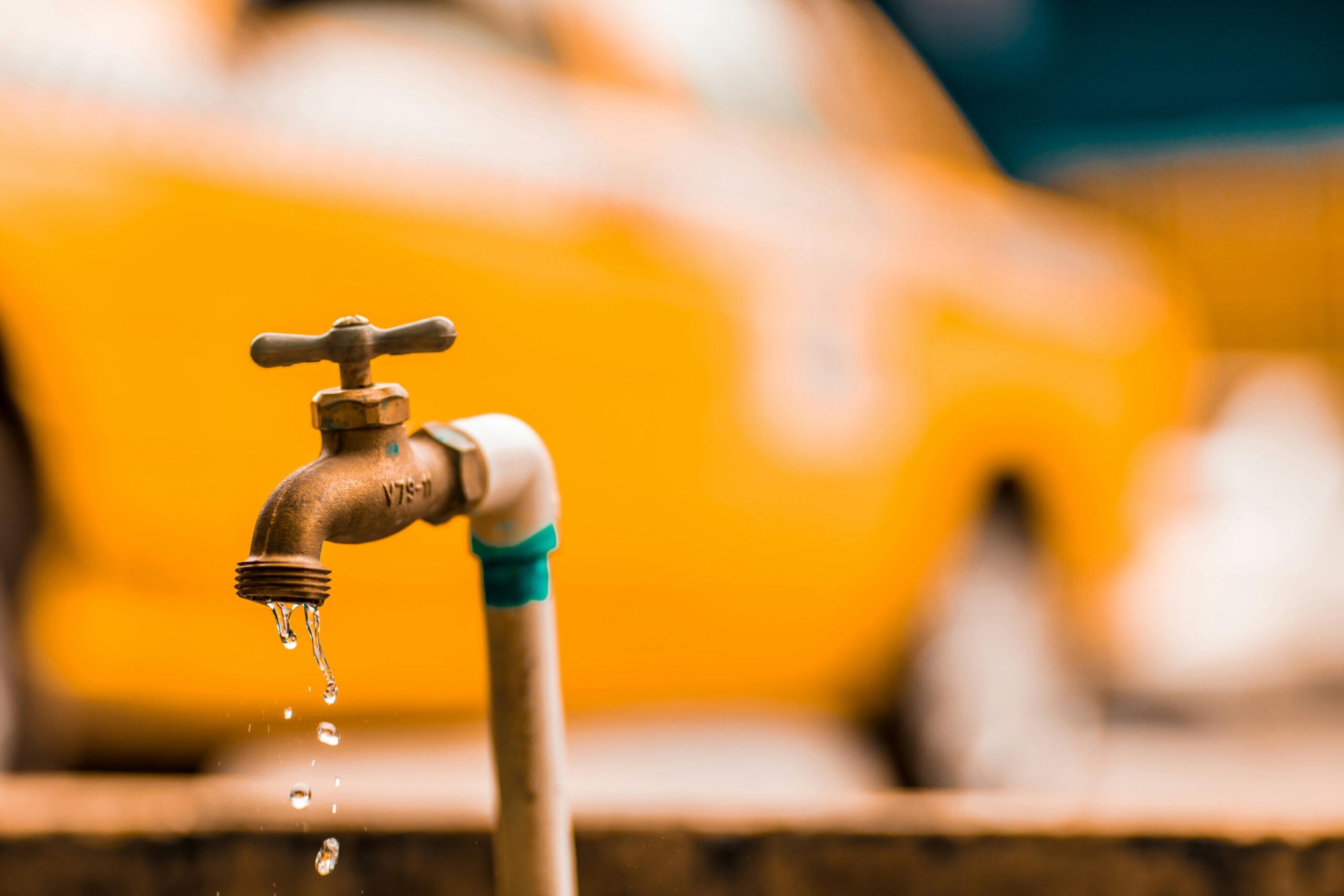Learn How to Detect Hidden Water Leaks in Your Home
Hidden water leaks in residential properties present a significant risk to structural integrity and can lead to costly repairs if undetected. Detecting these leaks early is essential for maintaining home safety and reducing water wastage, especially in areas prone to plumbing issues such as New Jersey.
- Hidden leaks often occur behind walls, under floors, or within plumbing infrastructure, making them difficult to detect without specialized equipment.
- Common sources of hidden water leaks include deteriorated pipes, faulty fixtures, appliance connections, and underground supply lines.
- Timely leak detection helps prevent mold growth, water damage, and increased utility costs.
- Advanced leak detection methods incorporate acoustic sensors, infrared cameras, and moisture meters to accurately locate leaks.
- Implementing routine plumbing maintenance and monitoring water usage patterns can aid in early identification of hidden leaks.
Lead on Detecting Hidden Water Leaks
Hidden water leaks are concealed leaks that do not manifest visibly but contribute to water loss and property damage over time. Leak detection focuses on identifying these non-obvious leaks using both visual signs and specialized diagnostic tools. This process is particularly relevant in New Jersey plumbing systems, where diverse home constructions and aging infrastructure can increase the risk of concealed leaks. Understanding how to detect hidden water leaks plays a crucial role in effective home plumbing maintenance and damage prevention.
Introduction to Hidden Water Leaks and Their Consequences
Hidden water leaks matter due to their capacity to go unnoticed for extended periods, leading to substantial structural damage and increased water bills. These leaks may develop in walls, ceilings, and beneath floors, often caused by pipe corrosion, joint failures, or damaged fixtures. Early detection is important to mitigate the financial and health impacts such as mold proliferation resulting from prolonged moisture exposure.
Homeowners and property managers in New Jersey face particular challenges because older homes frequently have outdated plumbing that is prone to leaks. Additionally, seasonal temperature variations can cause pipes to contract and expand, intensifying the likelihood of cracks or ruptures. Consequently, effective leak detection techniques and preventive plumbing tips are essential for managing home plumbing issues in this region.
Target audiences for leak detection information include property owners, real estate professionals, plumbing technicians, and insurance agents who require awareness of water intrusion risks and proper remedial actions.
Detailed Exploration of Hidden Water Leaks
Definitions and Types of Hidden Water Leaks
Hidden water leaks are leaks located in concealed spaces such as inside walls, under floors, or underground, where they are not immediately visible. These can be broadly categorized as:
- Pipe leaks: Resulting from corrosion, wear, or damage to pipes that carry water supply lines or drain water away.
- Fixture leaks: Emerging from sinks, toilets, bathtubs, or shower units, particularly around seals and joints.
- Appliance leaks: Water leaks associated with home appliances such as water heaters, washing machines, or dishwashers.
- Underground leaks: Found in underground water supply lines or irrigation systems.
Common Signs and Symptoms of Hidden Water Leaks
Identifying hidden leaks requires vigilance for subtle indicators including:
- Unexplained spikes in water bills suggesting water loss.
- Visible mold or mildew growth, discoloration on walls or ceilings.
- Damp or soft spots on floors or walls, often accompanied by a musty odor.
- Hissing or dripping sounds within walls or under floorboards.
- Reduced water pressure or slow drainage affecting fixtures.
Advanced Leak Detection Methods Used in New Jersey Plumbing
Professional leak detection employs a combination of technologies and manual inspection methods to precisely locate hidden leaks without causing unnecessary damage:
- Acoustic Leak Detectors: Utilize sound sensors to pick up water escaping from pressurized pipes, enabling pinpoint localization.
- Infrared Thermography: Detects temperature variations indicating water presence behind walls or floors.
- Moisture Meters: Measure moisture content in building materials identifying areas affected by leaks.
- Video Pipe Inspection: Involves inserting a camera into pipes to visually inspect interior conditions.
- Pressure Testing: Determines if closed plumbing systems maintain appropriate pressure or have leaks.
Market Context and Risks Associated with Hidden Water Leaks
Within residential and commercial property markets, unaddressed hidden leaks can significantly reduce property value and involve considerable repair costs. Water intrusion may compromise foundational elements, promote mold growth which leads to health concerns, and cause electrical hazards. Insurance claims related to water damage emphasize the importance of prompt leak identification and mitigation.
Furthermore, in New Jersey, aging infrastructure, varying climate conditions, and older housing stock contribute to a higher incidence of plumbing-related water damage, emphasizing the role of early leak detection in risk management strategies.
Practical Plumbing Tips for Preventing and Addressing Hidden Leaks
Effective maintenance and timely response reduce the likelihood and impact of hidden leaks. Plumbing tips include:
- Regularly monitoring water meter readings when no water is in use to detect unusual consumption.
- Inspecting areas around appliances, fixtures, and visible piping for moisture or corrosion.
- Scheduling routine professional plumbing inspections, especially for older homes.
- Installing water leak detection devices that trigger alerts upon sensing moisture.
- Addressing minor leaks promptly before they escalate into widespread damage.
Summary and Call to Action
Detecting hidden water leaks in residential properties is vital for preserving structural integrity, preventing health hazards from mold, and minimizing unexpected water costs. Understanding the common sources of concealed leaks, recognizing early signs, and applying advanced leak detection techniques are key components of effective home plumbing management. Implementing preventive plumbing tips and scheduling professional inspections enhance water conservation and property protection.
For detailed guidance and professional assistance tailored to specific home plumbing issues encountered in New Jersey, consult expert New Jersey plumbing services specializing in leak detection and repair to ensure timely and accurate resolution of hidden water leaks.


Recent Comments